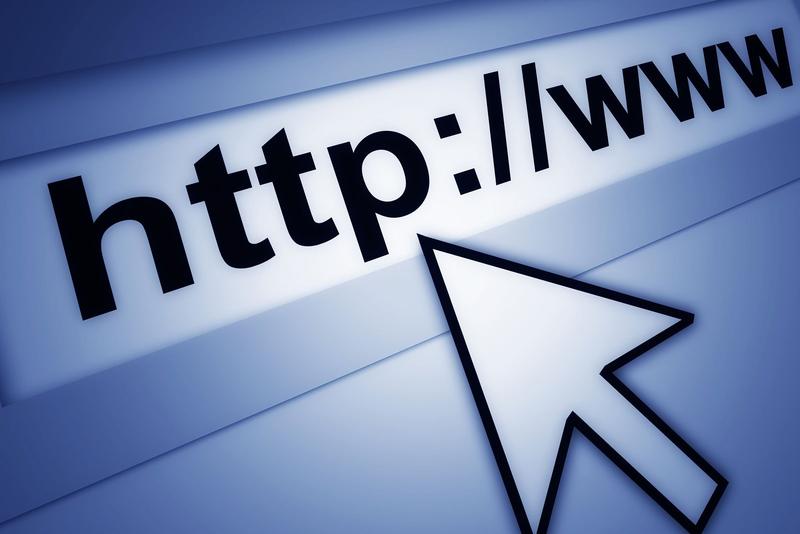No matter how snugly it sits in the pocket of corporations, the federal government is still responsible for protecting citizens from the type of unashamed indecency of expected exploits that would come with the repeal of net neutrality. The Obama-era regulation ensures that internet providers are not allowed to create tiered access to the web. In other words, net neutrality promises the general public a free and open internet. The internet is one of the few bastions of American society that is not marked by the melancholic violence and despair of massive class divide. It is a place where information is accessed with a freedom not provided in any other sector of American life and represents an imperfect but viable vision of the mythol ogical “American Dream.” Even if you are relegated to the underbelly of American society, on the internet you can be anybody, access information from anywhere, and pursue money-making ventures that would be impossible in the “real world.” The internet can provide an escape from the increasingly totalitarian socioeconomic environment of the United States. It is a space of flashing images, sounds, stories, texts, and personas that conflict with the stagnant depression that many Americans face everyday.
Net neutrality ensures the internet is accessed on equal terms, and the removal of its equality threatens one of the last remaining freedoms accessible to everyday citizens of the United States. The type of freedom provided by the internet is a right to Americans who are otherwise exploited daily by both the government and corporations. The FCC, however, wishes greedily to commodify this freedom. By dismantling net neutrality, “the F.C.C. would simply require internet service providers to be transparent about their practices so that consumers can buy the service plan that’s best for them and entrepreneurs and other small businesses can have the technical information they need to innovate.” When Ajit Pai, the Republican who Trump appointed head of the FCC, mentions “transparency,” the term is horribly misleading. When have corporations ever been transparent toward consumers? As far as these corporations are concerned, consumers are opportunities for profit and nothing close to human. What Pai wants more than anything is for the liminal restrictions that keep internet service providers, already functioning as billion-dollar enterprises, to be lifted in the name of blind capitalist expansion directly poised against the freedom of American citizens.
An internet without net neutrality would function similarly to how cable operates now. Not only would consumers pay for faster service, but internet providers could block or slow access to certain sites based on affiliation. The proposed rollback of net neutrality also has discriminatory implications, promising that racist economic practices will now extend to internet provision as well. Racial minority groups and lower class citizens already have enough difficulty getting on the internet, and a repeal of net neutrality would impede fights for justice. The ACLU notes that the end of net neutrality “would be devastating to civil rights organizations and activists, who can’t afford to pay corporations to make their voices heard.”
Laws currently regard internet access as a utility, like electricity or water. This mandates that internet providers must allow consumers of their product full and unmanipulated access to all of the internet. What the FCC hopes to do is change the designation of the internet from utility to “information service.” On Dec. 14, Congress will vote on on whether the FCC’s motion to repeal net neutrality, and establish its new regime of commodified internet, should be passed. The announcement of this date came over Thanksgiving break, a deliberate decision that ensured citizens could not contact their representatives celebrating the holidays at home. The FCC hopes people may forget that it is about to destroy the sanctity of the internet and all it represents. They hope people stay silent. Don’t.










